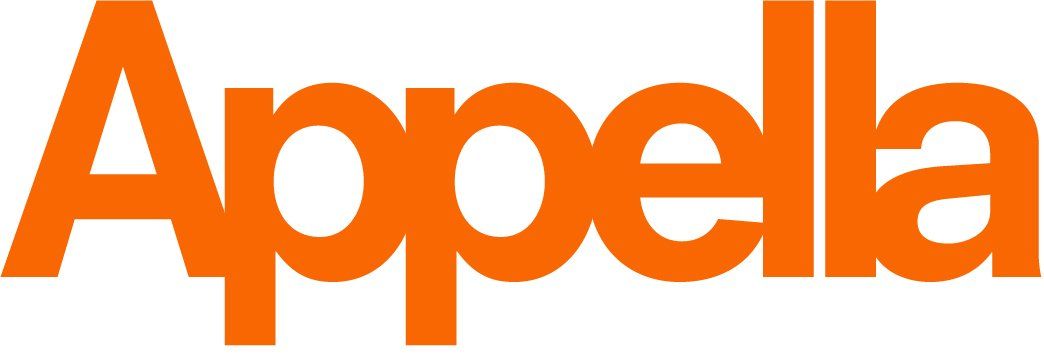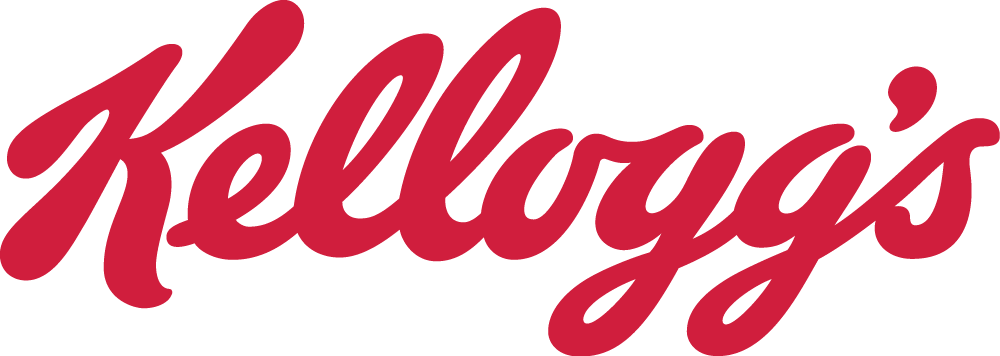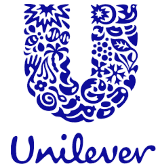Trademark Checks
Let's make sure your name is market-ready.
Check Before You Commit.
Even the most inspired name can falter if it’s already taken, misunderstood or legally risky. The last thing you want is to fall in love with a name, only to run into problems after you've brought it to market. At Appella, we carry out appropriate trademark checks to smooth the roll-out process.
Get Peace of Mind Before You go to Market
When a name seems perfect for your business, chances are a competitor has already thought so too.
The brand name may not yet be in the market but if they’ve already registered it as a trademark this could put you at risk of an infringement suit when you launch. Even where the infringement risk is manageable, a prior trademark registration could still block your own registration for the name.
By our trademark checks, we appraise this risk upfront, so you don’t waste time pursuing naming avenues which are blocked by problematic trademark hits.
Our Trademark Checks Cover:
- Identical Hit Trademark Checks
- Short List Prioritisation
- Blocker Circumvention
Find out more about each of these stages
below. Let’s make sure your name clears every hurdle so you can go to market knowing you have something unique, scalable and risk-free.
Why Trademark Checks
Require an Expert
Trademark law is complex and our skill in trademark checking takes those complexities into account when reporting potential problems in language which a non-expert can understand.
A particular complexity is that trademark rights are territorial. For a brand name with global reach, you need clearance in 150+ trademark registries covering as many countries.
Searches are done by product class and the internationally accepted Nice protocol uses 45 classes (1 to 34 for goods, 35 to 45 for services): select too many classes for the trademark checking and you’ll get snowed with irrelevant hits; select too few and you could miss a vital blocker.
Evaluating those hits intelligently requires specialist experience. And trademark rights arise not just by registration but also through use. Your registry search may show no hits but you need to check for prior users too.
Also, descriptive or overly positive names, even when registered, can lack the strength to stop lookalikes.
Proudly supporting clients across the globe for over 3 decades...
We have developed a unique process over the years to produce the desired outcomes for clients. Watch our video below and get in touch to find out how we can make this work for you:






